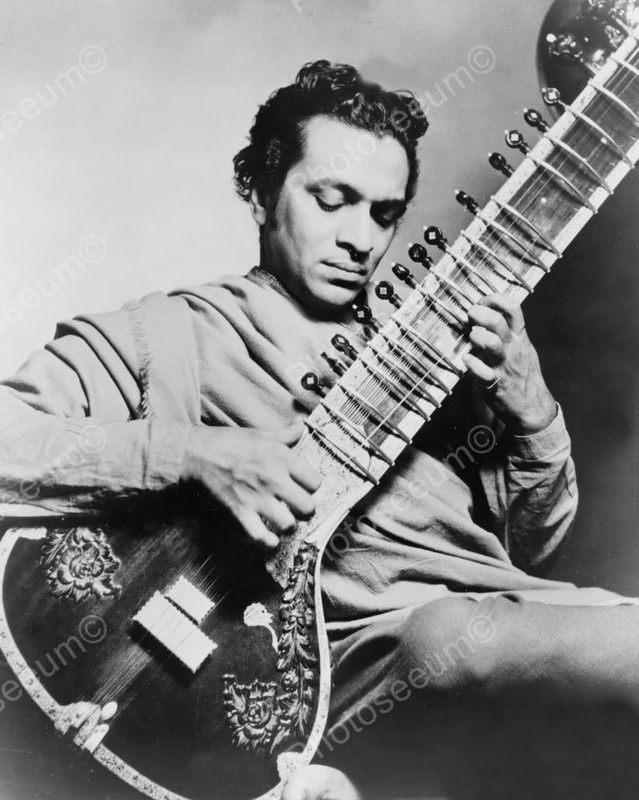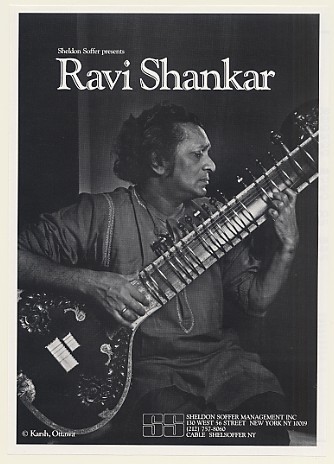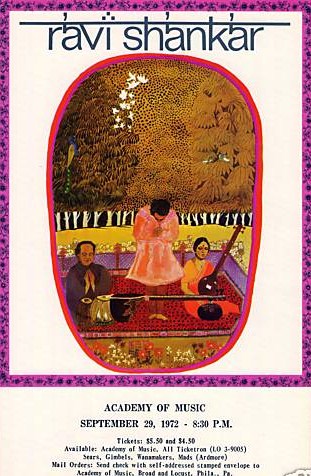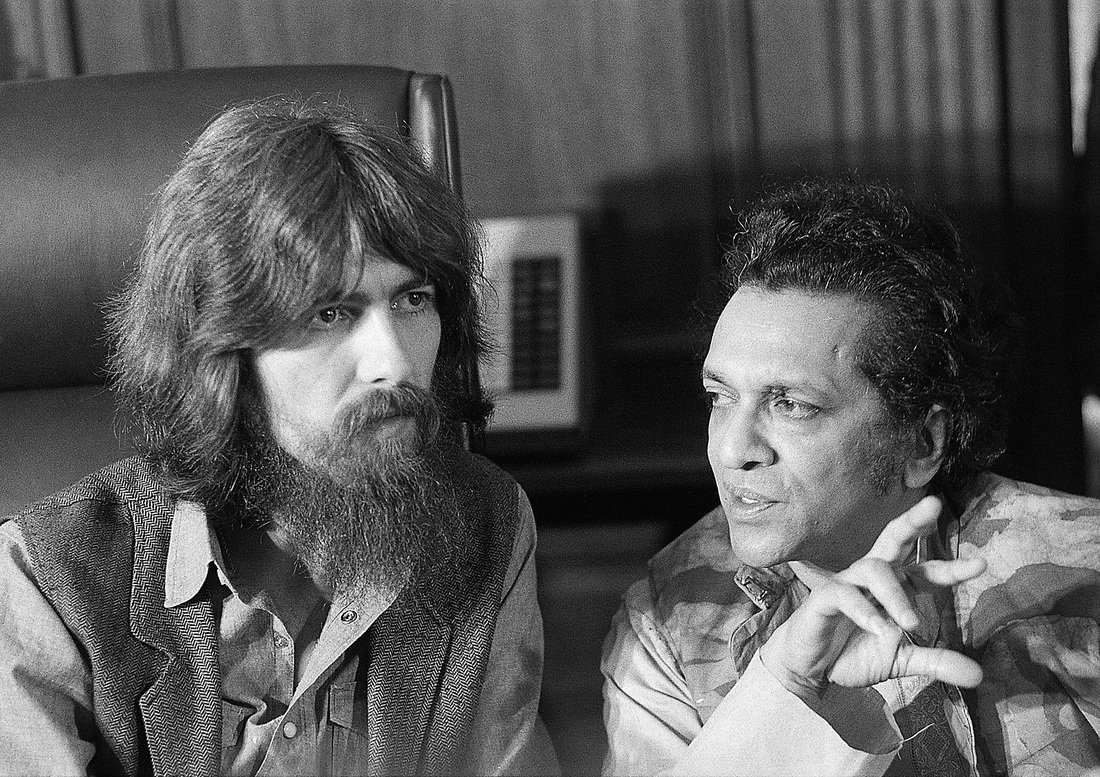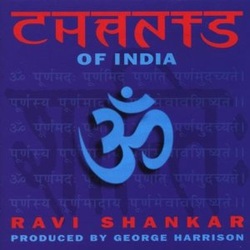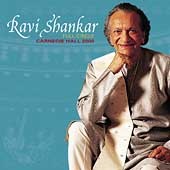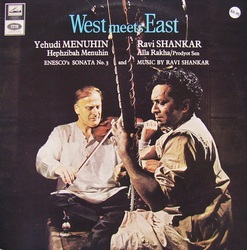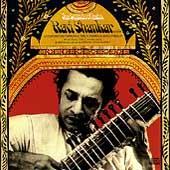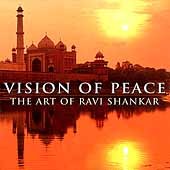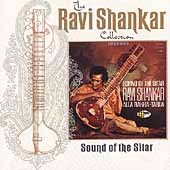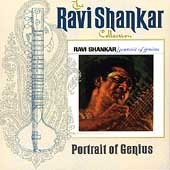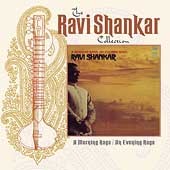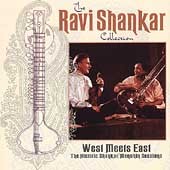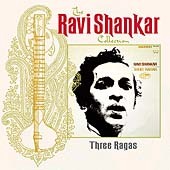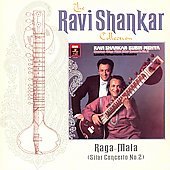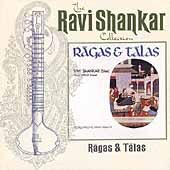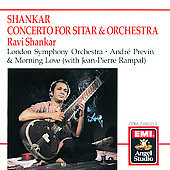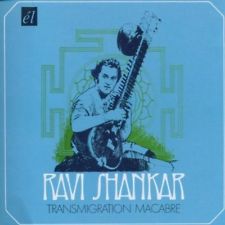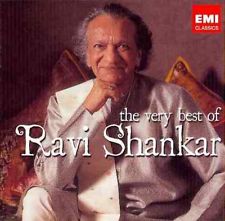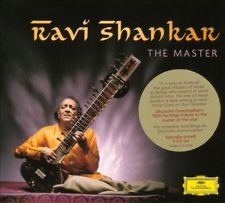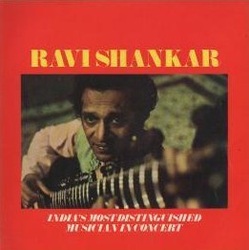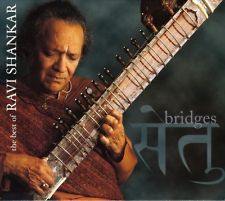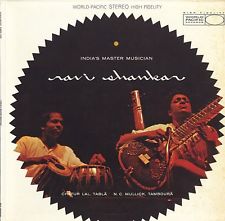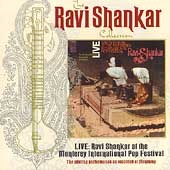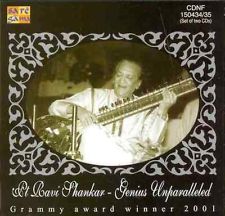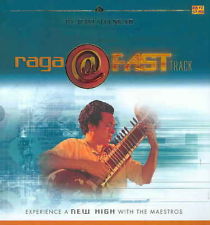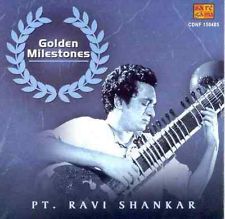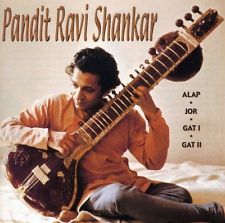Nov 12, 2012: New York Times: Ravi Shankar, Sitarist Who Introduced Indian Music to the West, Dies at 92
Ravi Shankar, the sitar virtuoso and composer who died on Tuesday at 92, created a passion among Western audiences for the rhythmically vital, melodically flowing ragas of classical Indian music — a fascination that had expanded by the mid-1970s into a flourishing market for world music of all kinds.
Ravi Shankar, the sitar virtuoso and composer who died on Tuesday at 92, created a passion among Western audiences for the rhythmically vital, melodically flowing ragas of classical Indian music — a fascination that had expanded by the mid-1970s into a flourishing market for world music of all kinds.
Ravi Shankar, (7 April 1920 – 11 December 2012), his name often preceded by the title Pandit, was an Indian musician who was one of the best-known exponents of the sitar in the second half of the 20th century as well as a composer of Hindustani classical music. Shankar was born in Varanasi and spent his youth touring Europe and India with the dance group of his brother Uday Shankar. He gave up dancing in 1938 to study sitar playing under court musician Allauddin Khan. After finishing his studies in 1944, Shankar worked as a composer, creating the music for the Apu Trilogy by Satyajit Ray, and was music director of All India Radio, New Delhi, from 1949 to 1956.
In 1956, he began to tour Europe and the Americas playing Indian classical music and increased its popularity there in the 1960s through teaching, performance, and his association with violinist Yehudi Menuhin and George Harrison. Shankar engaged Western music by writing concerti for sitar and orchestra and toured the world in the 1970s and 1980s. From 1986 to 1992 he served as a nominated member of Rajya Sabha, the upper chamber of the Parliament of India. In 1999, Shankar was awarded India's highest civilian honour, the Bharat Ratna. He continued to perform up until the end of his life.
In 1956, he began to tour Europe and the Americas playing Indian classical music and increased its popularity there in the 1960s through teaching, performance, and his association with violinist Yehudi Menuhin and George Harrison. Shankar engaged Western music by writing concerti for sitar and orchestra and toured the world in the 1970s and 1980s. From 1986 to 1992 he served as a nominated member of Rajya Sabha, the upper chamber of the Parliament of India. In 1999, Shankar was awarded India's highest civilian honour, the Bharat Ratna. He continued to perform up until the end of his life.
|
|


